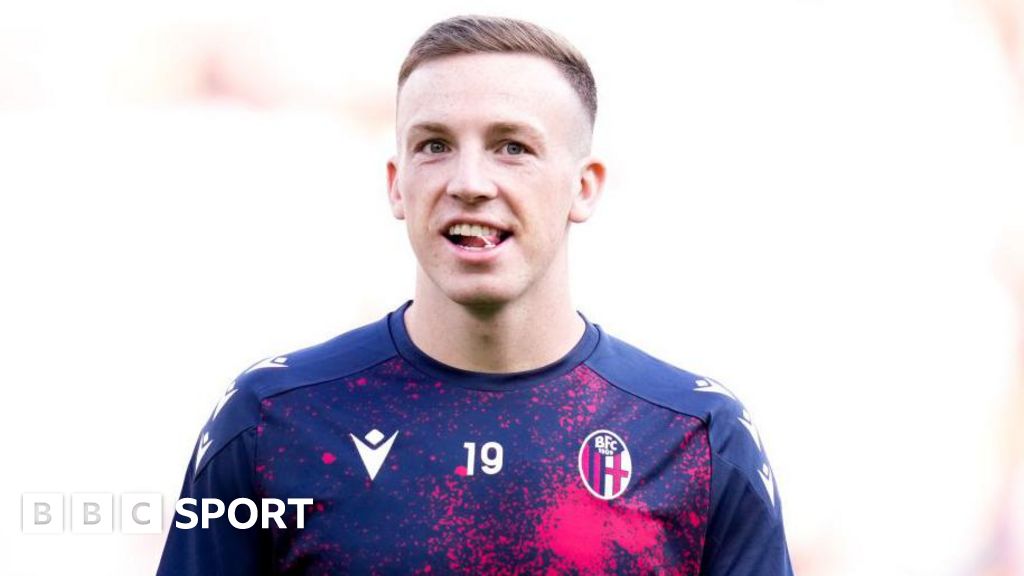Football
Scotland should not have been awarded a penalty against Hungary, says Uefa

“Then there was, of course, in minute 79, in the Hungary penalty area, another incident. The attacker of Scotland, Armstrong, was in front of the Hungarian. If you watch from the behind camera, there was a movement of the attacker towards the Hungarian. Another controversial decision.
“Of course the VARs are checking everything. The VAR checked this situation. And they decided this was just physical contact. This is what happened.
“For the VAR there was no intervention because, in their opinion, the attacker changed direction towards the defender. In his opinion it was just a physical contact, trying to challenge the defender. It was checked and there was no intervention.”
Pressed by Scottish reporters on the decision, Rosetti replied: “In this match there were two controversial situations. Two. Two. OK? One was clear pulling in the penalty area [by McGinn] but you [the reporter] did not mention it. And then there was also the Armstrong situation. This was checked and it was decided in this way.”
Speaking after the match on Sunday, which resulted in Scotland finishing fourth in Group A, Clarke had said: “Somebody somewhere has to explain to me why that is not a penalty. It is 100 per cent. It’s a one-goal game. If we get a penalty, it would be a different night. I have other words but I am not going to use them.
“It is a European competition. It might have been better to have a European referee. But we had a European VAR. Maybe the referee did not see the challenge clearly on the pitch, so what is the purpose of VAR if they are not going to come in on something like that? It is a penalty.
“Why is it not given? I need an answer. I need to know why that is not given. I have got words for it but I like my money.”
Meanwhile, Uefa are delighted with the success of their new directive which states that only captains will be allowed to approach referees to speak about decisions. Any other player who approaches the referee is at risk of being booked, with Uefa keen to stop referees being mobbed by groups of players.









